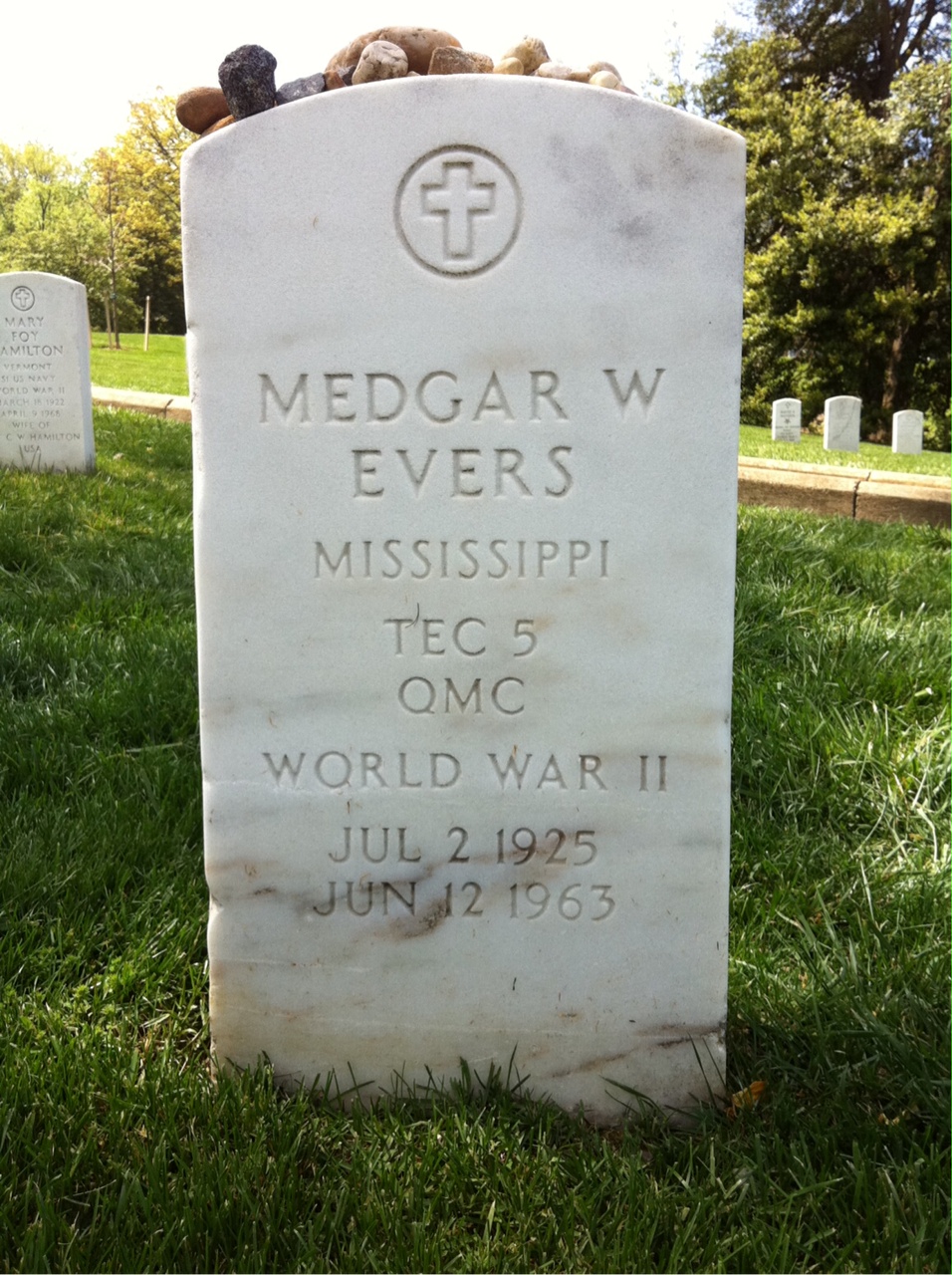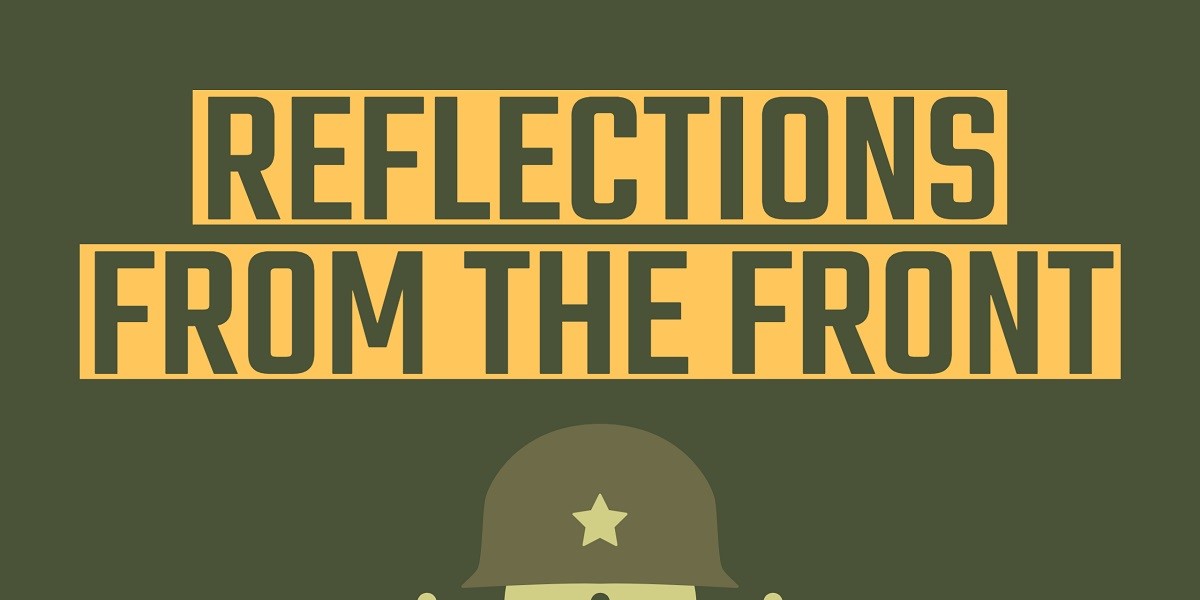
Featured Stories
Reflections from the Front: A New Podcast from the VA History Office
Women have been a vital part of the nation’s military from the very beginning. Although they were not able to serve in an official capacity until the twentieth century, women have always found ways to assist war efforts. In a new podcast series "Reflections from the Front", VA History Office interns Parker Beverly and Hannah Nelson take interviews from women Veterans and brings to life the stories of incredible resolve and adversity.
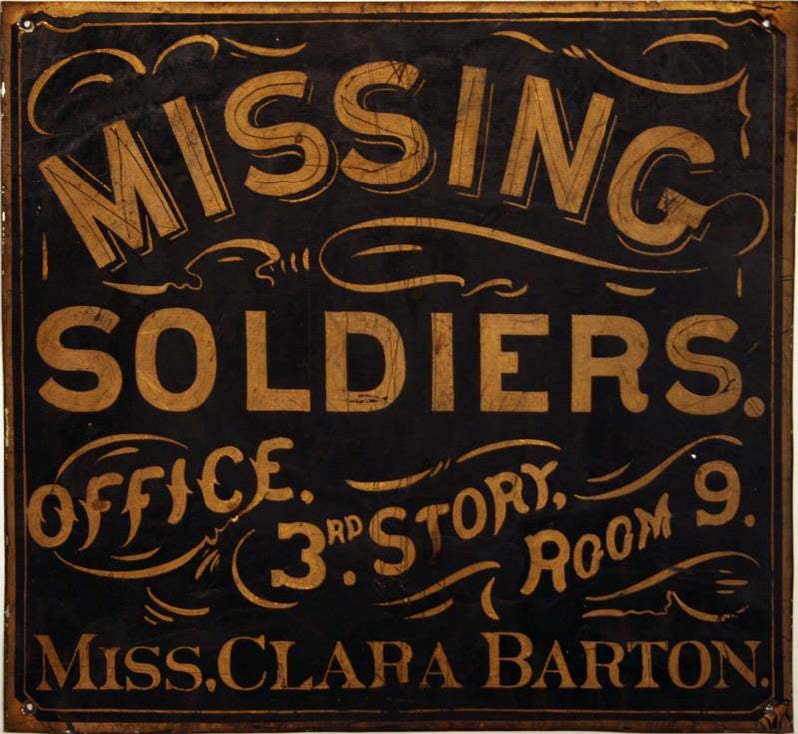
Featured Stories
Clara Barton and the Missing Soldiers Office
Clara Barton earned lasting fame for her work ministering to the Union wounded during the Civil War and for founding the American Red Cross in the 1880s. But she also deserves to be remembered for a lesser-known chapter in her life sandwiched between these two episodes.
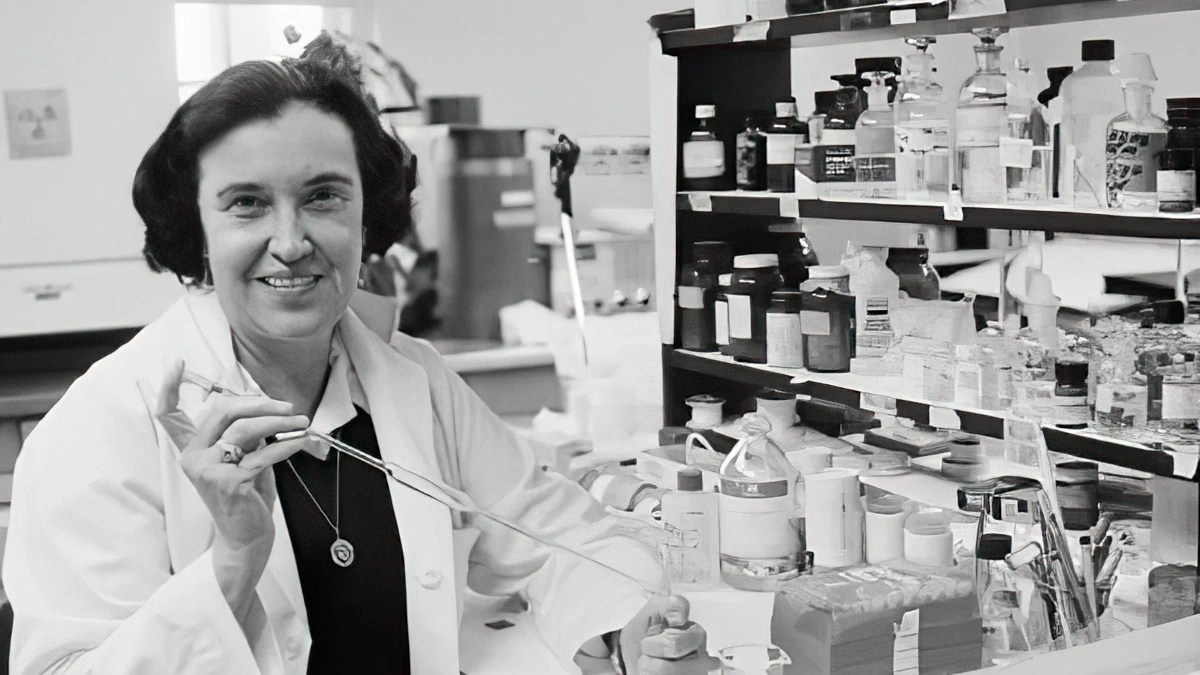
Featured Stories
Dr. Rosalyn Yalow: Groundbreaking VA Medical Researcher and Nobel Prize Laureate
VA History Exhibit - In 1977, Dr. Rosalyn Yalow, a medical researcher and doctor at the Bronx VA Hospital, became the second woman awarded the Nobel Prize for Physiology or Medicine. In an exhibit crafted by VA History intern Parker Beverly, learn how Dr. Yalow strived to break through gender barriers in the medical field to become an expert in radioimmunoassay.
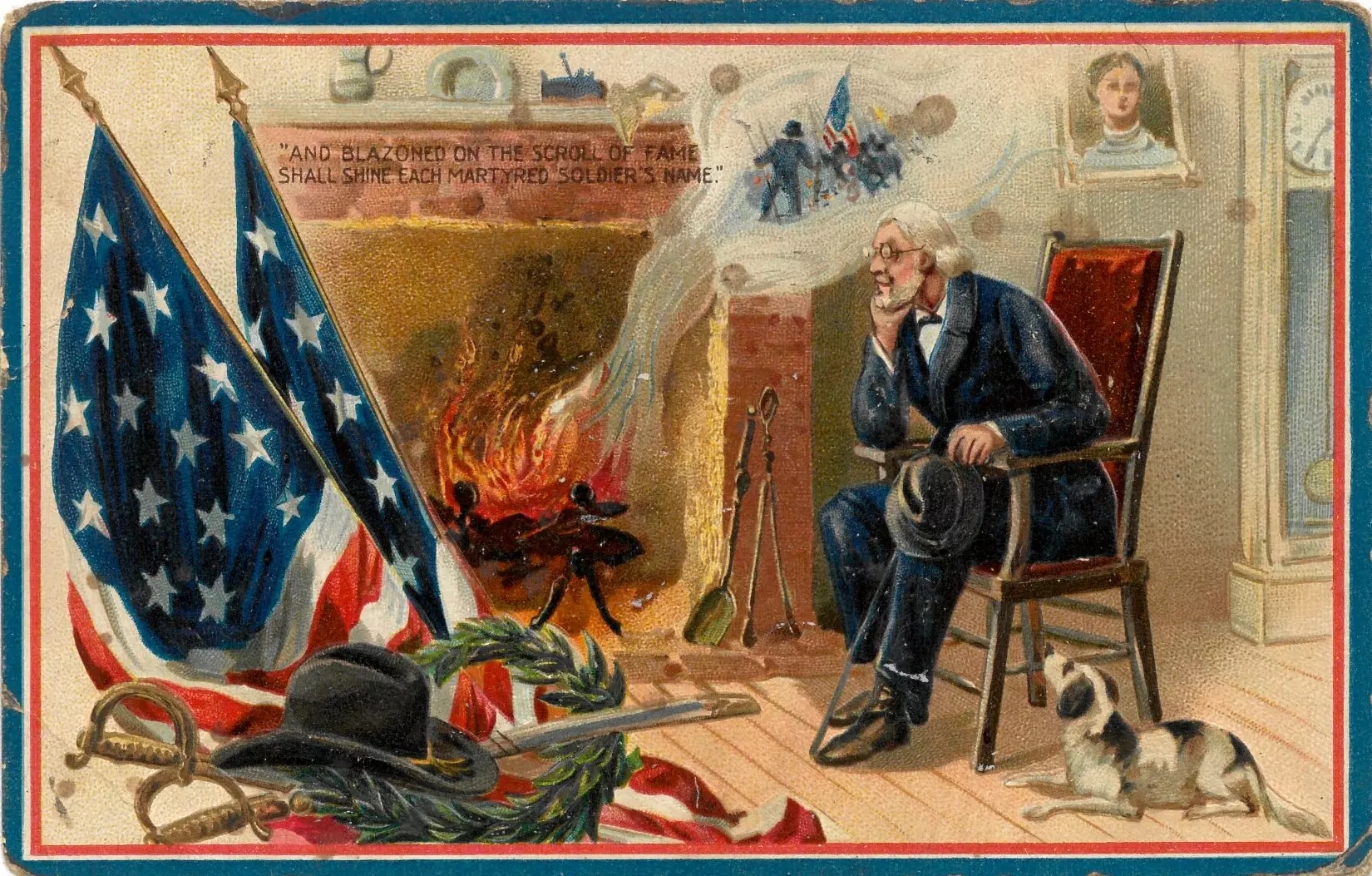
Featured Stories
Patriotic Postcards Sent With Memorial Day Greetings
Sending Memorial Day greetings! Over a century ago, the craze for penny postcards with a pretty picture introduced a fast, affordable means to communicate. Like Instagram. Decoration or Memorial Day was a very popular and patriotic greeting theme—depicted with flags, flowers, and veterans. Explore deltiology through a sampling of holiday postcards from the NCA History Collection.
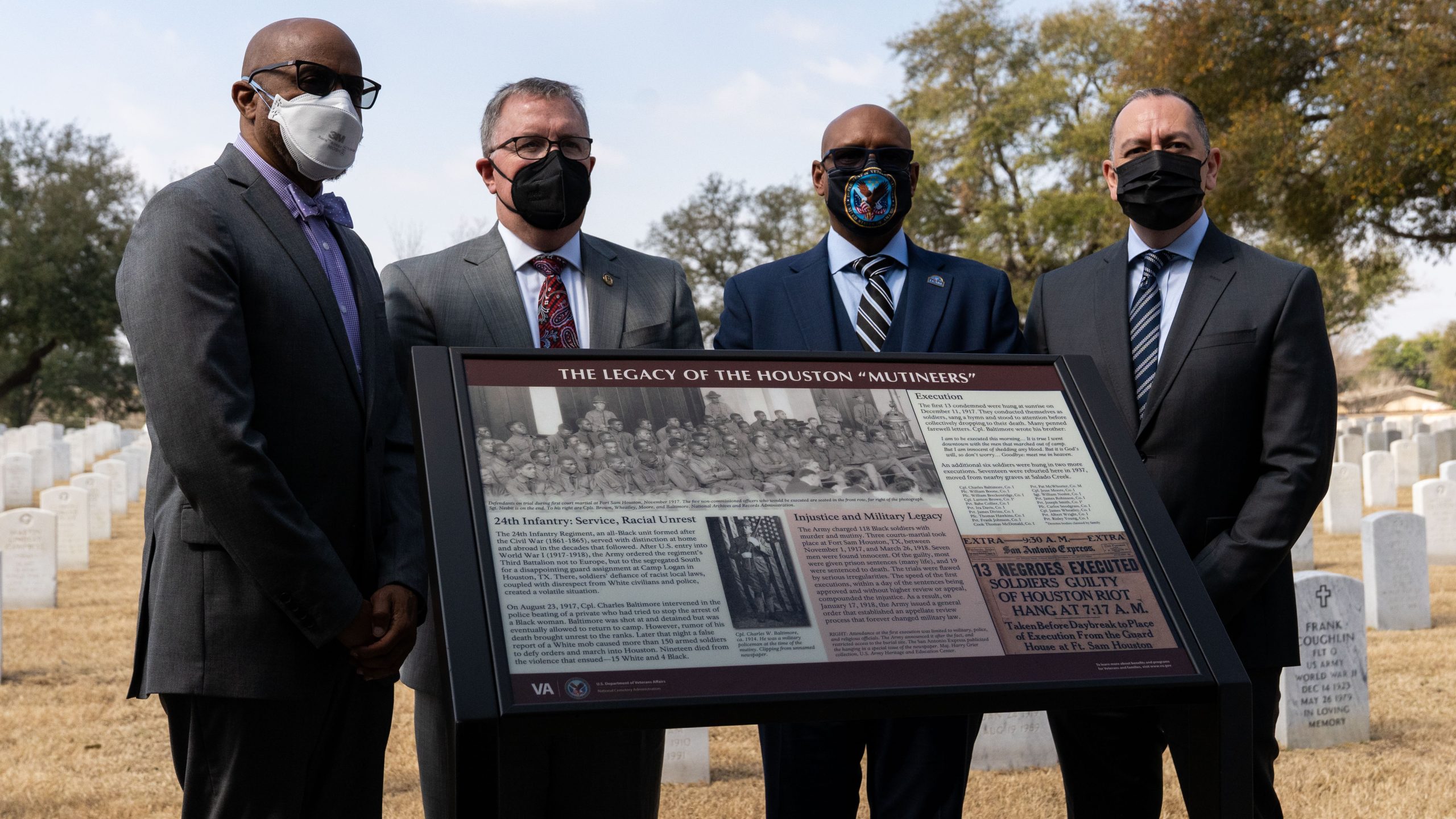
Featured Stories
Black Soldiers From 3-24th Infantry’s Legacy
On February 22, 2022, the National Cemetery Administration unveiled a wayside sign at Fort Sam Houston National Cemetery near seventeen graves of Black World War I soldiers from the 3-24th Infantry executed by the Army as mutineers after a violent, racially driven melee in Houston. The events led to an immediate, historic change to the courts-martial appellate-review process on January 17, 1918.
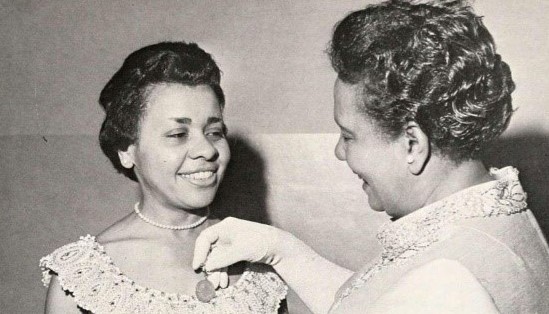
Featured Stories
Vernice Ferguson – First African American to Lead VA Nursing Service
In 1980 Vernice Ferguson was named head of VA’s Nursing Service, the nation’s largest nursing system with 60,000 professionals. She was African American. Only sixty years earlier, the first Black nurses were hired to care for Veteran patients. Ferguson was a teacher, leader, and advocate for racial parity at VA.
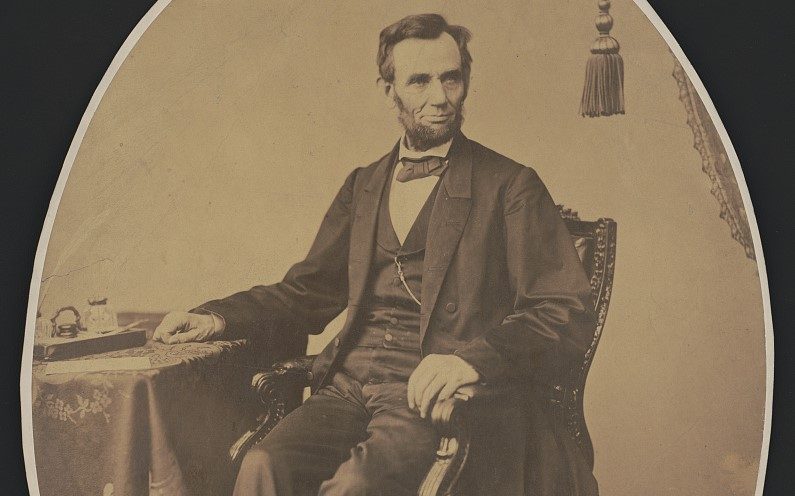
Featured Stories
National Cemeteries and President Abraham Lincoln
President Abraham Lincoln’s famed 272-word Gettysburg Address, cast in iron tablets, was placed in national cemeteries in 1909 as part of a nationwide birthday centennial program. When the popular president, born February 12, was honored again in 2009, NCA began to produce more tablets to ensure the speech is in all new national cemeteries.
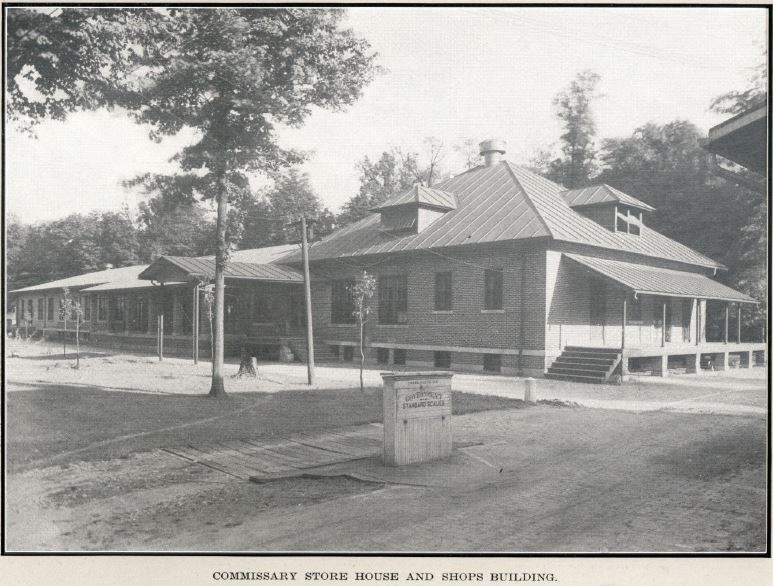
Featured Stories
Veterans Canteen Service History
Providing goods to Veterans, their families, and visitors has been a staple of VA hospitals since their inception at the end of the Civil War. The Veterans Canteen Service (VCS) we know today evolved out of these early stores and VCS formally celebrates its 75th Anniversary this year.
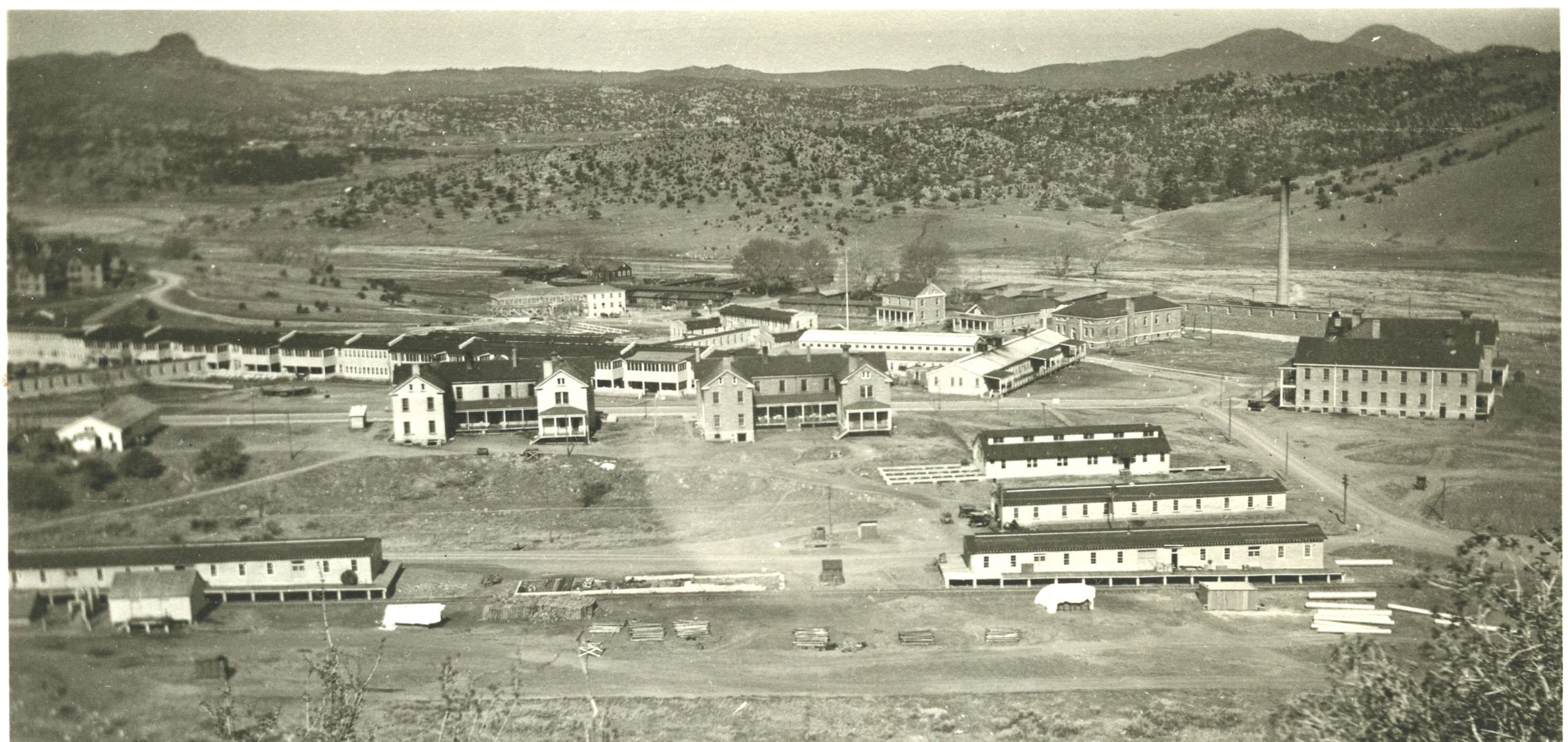
Featured Stories
Fort Whipple – Historic VA Medical Center Started as Army Post
The present-day Bob Stump VA Medical Center campus in Prescott, Arizona has had a long and interesting history from the time the Arizona Territory was created in 1863. Established as Fort Whipple, the facility transitioned over many years to an eventual VA Medical Center campus.
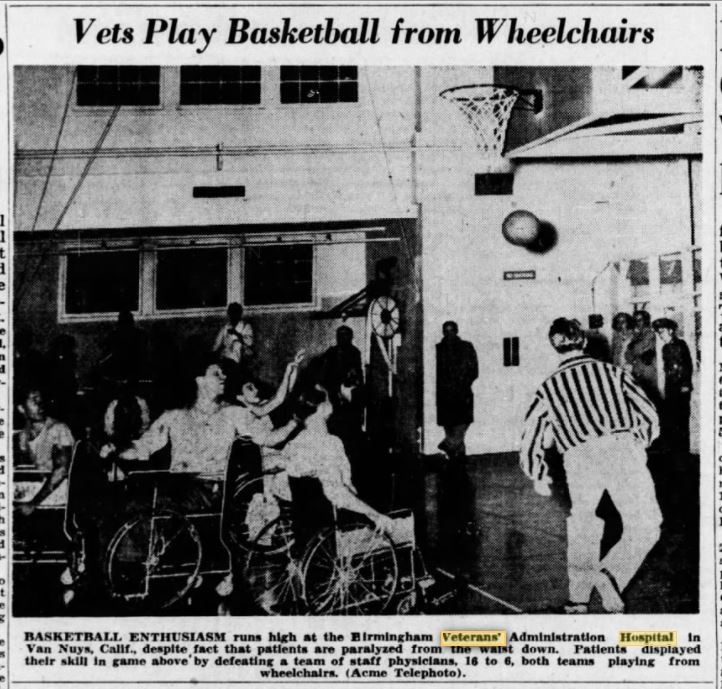
Featured Stories
Wheelchair Basketball at VA
In November 1946, a brief article appeared in the Birmingham Star Gazette with an accompanying photo. Patients from the Birmingham VA Medical Center in Van Nuys, California beat the team of doctors they were playing in the first game of wheelchair basketball by a score of 16-6.
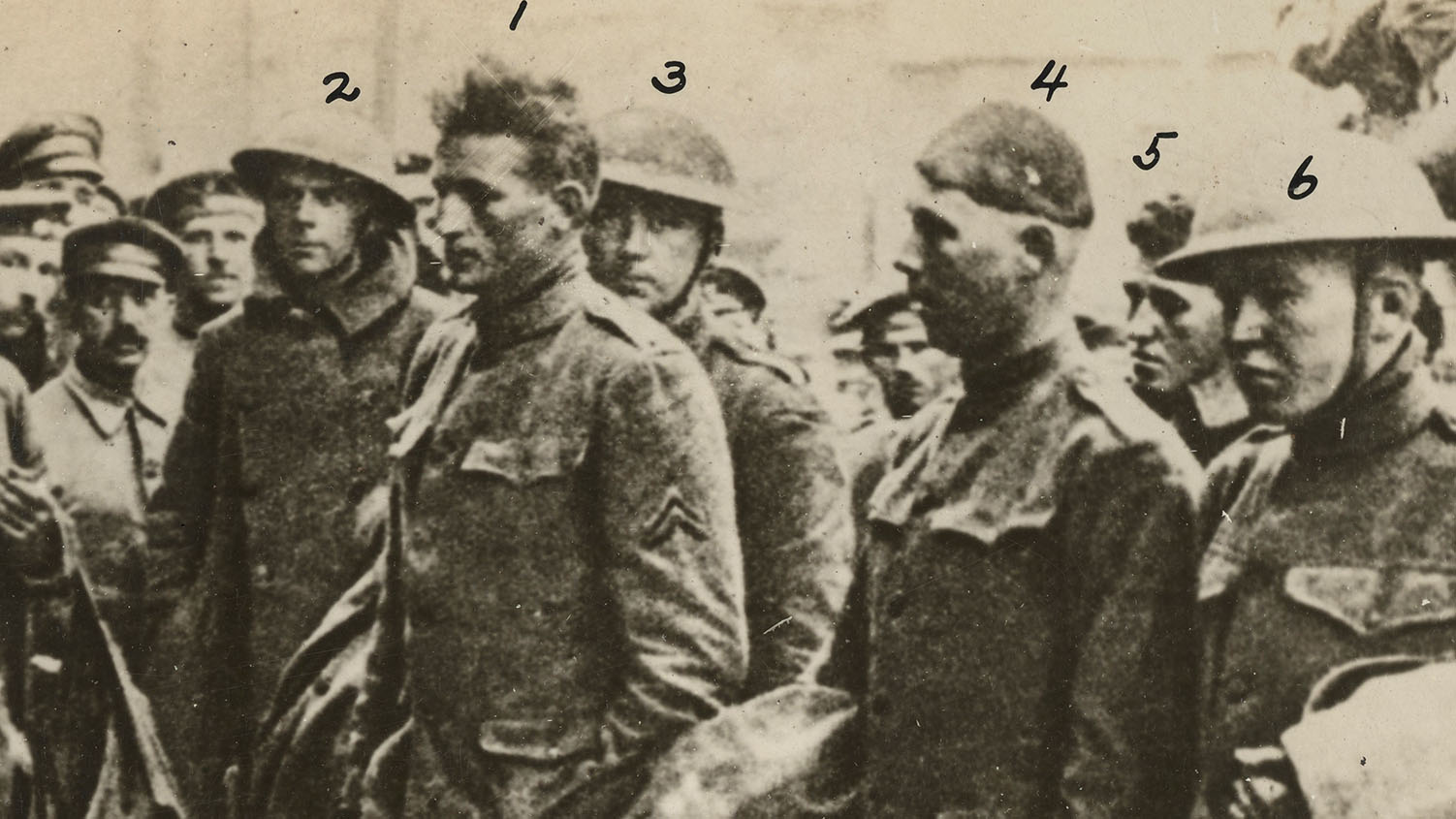
Featured Stories
Halyburton and Grimsley – Story of U.S.’s First POWs in WWI
After a night raid by German forces on Nov. 2, 1917, a group of U.S. soldiers became the first group taken prisoner in WWI. These POWs included Sgt. Edgar Halyburton and Pvt. Clyde Grimsley, and each suffered the privations that occurred in early 20th Century imprisonment.


